Faced with the reality that there are more than 60 international Math competitions each year, most of which are imported by private companies, organized in a big way, with a strong business nature, reporters from the Journalist & Public Opinion Newspaper talked with teacher Tran Phuong, former Deputy Director of the Center for Talent Development Support (Vietnam Union of Science and Technology Associations). He is a member of the exam board and participates in training the teams representing Vietnam in major Math Olympiads such as (XIMC, IMSO, CFM).
Through discussion, he said that there are many low-quality competitions, management agencies need to tighten the import of international exams and he also advised students not to participate too much in exams labeled as international.
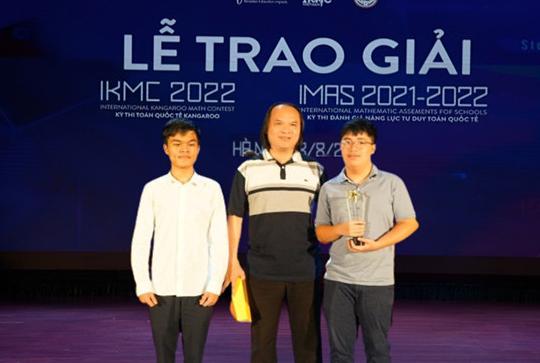
Mr. Tran Phuong - a member who created exam questions and participated in training the teams representing Vietnam in major Mathematical Olympiads such as (XIMC, IMSO, CFM) (photo TL).
Too many exams are not good.
Sir, how do you evaluate the fact that there are currently nearly 60 international Math competitions held annually in Vietnam?
Mr. Tran Phuong: After Covid 19, there is a phenomenon ofeducational companies acting as "Distributors" for many low-quality international Math exams, wasting money and effort of many families, along with the disaster of "honoring talent". This is inappropriate for the following 3 main reasons:
Firstly, the Math level of Vietnamese excellent students is demonstrated through many prestigious International Math competitions, about Top 10 in the world .
For example, the Vietnamese team ranked 4th out of 104 countries competing in IMO 2022, and 6th out of 112 countries competing in IMO 2023. The teams of the International Mathematics & Science Olympiad IMSO or the International Youth Mathematics Olympiad XIMC (assigned by the Ministry of Education & Training to the Hanoi Department of Education & Training to organize the selection of the team representing Vietnam to compete) always ranked in the Top 3 out of 30 countries.
Notably, Vietnam's IMSO Math team won the world championship in 2016 in Indonesia, 2018 in Hangzhou, China and 2019 when Vietnam hosted in Hanoi.
Second, in addition to the National Excellent Student Competition organized by the Ministry of Education and Training for high school, we also have many prestigious domestic excellent math competitions for different grades such as Violympic, VTMO (Titan), VMTC (Institute of Mathematics), April 30 Math Olympiad, HOMC, ...
Thirdly, besides the constant calls for the Ministry of Education and Training to reduce workload, reduce exams, reduce grading and eliminate early-hour tests (free of charge) in general schools, many schools agree with parents who are willing to take their children to and from school, and spend a lot of money for their children to participate in review courses to participate in many low-quality International Math competitions organized by private organizations every year.
The above is the paradox of the current international business model.
In your opinion, what is the reason why companies import exams from abroad to organize in Vietnam? What is your comment on schools enticing their students to participate in such exams?
Mr. Tran Phuong: Companies that import many exams into Vietnam are hitting the psychology of some classes of Vietnamese parents who want their children to grow up through many competitions, including the foreign-oriented mentality and the achievement-oriented disease of being impatient to win "instant noodles" to win international awards with very catchy names such as the World or Global Mathematics Competition...
Organizing exams brings great profits to companies. With online fees from 400,000 VND to 700,000 VND per candidate and offline competitions abroad from 2,000 USD to 5,000 USD, it will create a very large super profit margin.
In addition to the exam fees, companies also open review classes to help candidates and their families achieve the “golden dream”. In this business chain, some schools will receive commission fees in the form of thanks for introducing students.
Companies are very excited about importing exams and organizing exams, tutoring, and extra classes related to exams.
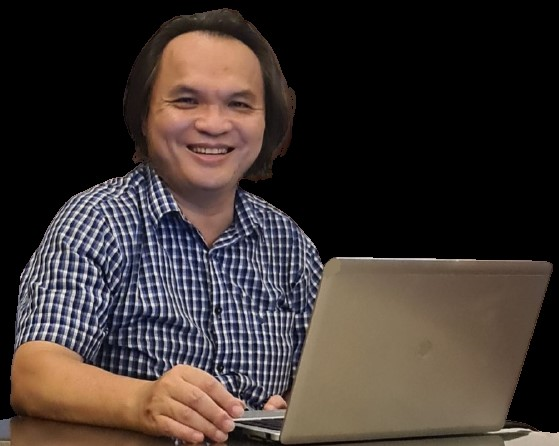
Teacher Tran Phuong, former Deputy Director of the Center for Talent Development Support (Vietnam Union of Science and Technology Associations) (photo TL).
Need to tighten management
Regarding the quality of these exams, can you evaluate them? Can you clarify a few points to help students and parents understand more about exams like this?
Mr. Tran Phuong: In my opinion, an international exam needs to have all the basic criteria such as the exam organizer (International Committee or a Private Organization), the scale of the exam, the nature of the exam "Free or paid", the exam council, the scoring method, the award structure, the exam format (Online or Offline), the opening ceremony, award ceremony and closing ceremony... are organized. Only then can the quality of the exam be assessed.
There are currently some prestigious exams such as IMO. This is the most prestigious Math Olympiad of all Math competitions because it gathers the best Math candidates in the world from the most countries (112 countries in 2023) and the free exam selection criteria are very high.
The Council of Examiners, consisting of representatives from each country, voted by secret ballot with a consistent criterion: "The 6 selected problems must be new and creative, not repeating ideas from problems that have appeared in any other Math competition!"
How to identify other exams? From IMO standards, it can be divided into 3 groups.
The first group follows the IMO format, which means that there is an International Committee that runs the stages according to the free exam format with the same standards as IMO. Typical examples of this format are the IMSO International Mathematical & Scientific Olympiad and the XIMC International Junior Mathematical Olympiad. The second group is run by a prestigious National Mathematical Association with a community math exam (from 25 to 30 questions) for many grades such as AMC USA, AMC Australia, IKMC France. The third group is run by a Private Organization (including Universities) with a community math exam (from 25 to 30 questions) for many grades.
The exam questions in the first group include elite problems selected from countries, so they are completely superior in both difficulty and creativity compared to groups 2 and 3. In particular, the IMSO exam has a "Discovery" section consisting of 6 creative problems of the nature of "Mathematical Games" with a very high level of difficulty, so after 19 times of organizing IMSO, no contestant has achieved a perfect score of 100/100 (while the International Mathematical Olympiad IMO has more than 230 contestants achieving perfect scores).
Group 2 and group 3 have the same exam format, but group 2 has a better brand and exam quality than group 3 except for the APMOPS exam in group 3.
Basically, students should participate in competitions in the first and second categories. Particularly, grade 6 students who are talented and “passionate about Mathematics” can participate in the best APMOPS Asia Pacific Math Olympiad in the third group.
Talents Ngo Quy Dang and Tran Xuan Bach, before winning the prestigious IMO and IOI gold medals, were both top 2 students in APMOPS, IMSO, XIMC, IKMC, and AMC US exams. In addition, grade 11 and 12 students can choose 1 exam in group 3 if they have good achievement criteria to be considered for scholarships when studying abroad.
In short, each year Vietnamese students should not choose more than 5 prestigious Branded Math competitions to challenge themselves.
In your opinion, what should the management agency do to manage the above exams? Who is responsible for the chaos of international math exams and how should it be handled?
Mr. Tran Phuong: First of all, we should clearly define the import and public business of collecting fees for exams in education, just like the medical industry imports and sells drugs.
Therefore, there needs to be a quality control test for the exams. But unlike the import of drugs, which may not limit the number of “good drugs”, it is necessary to conduct a deeper inspection of the International exams that charge fees, especially the Online exams, to limit the exams with outdated content or even exams with a lot of copied content.
This is also a measure in line with the policy of the Ministry of Education and Training: "reduce workload, reduce exams, reduce grading for high school students".
Thank you!
Source


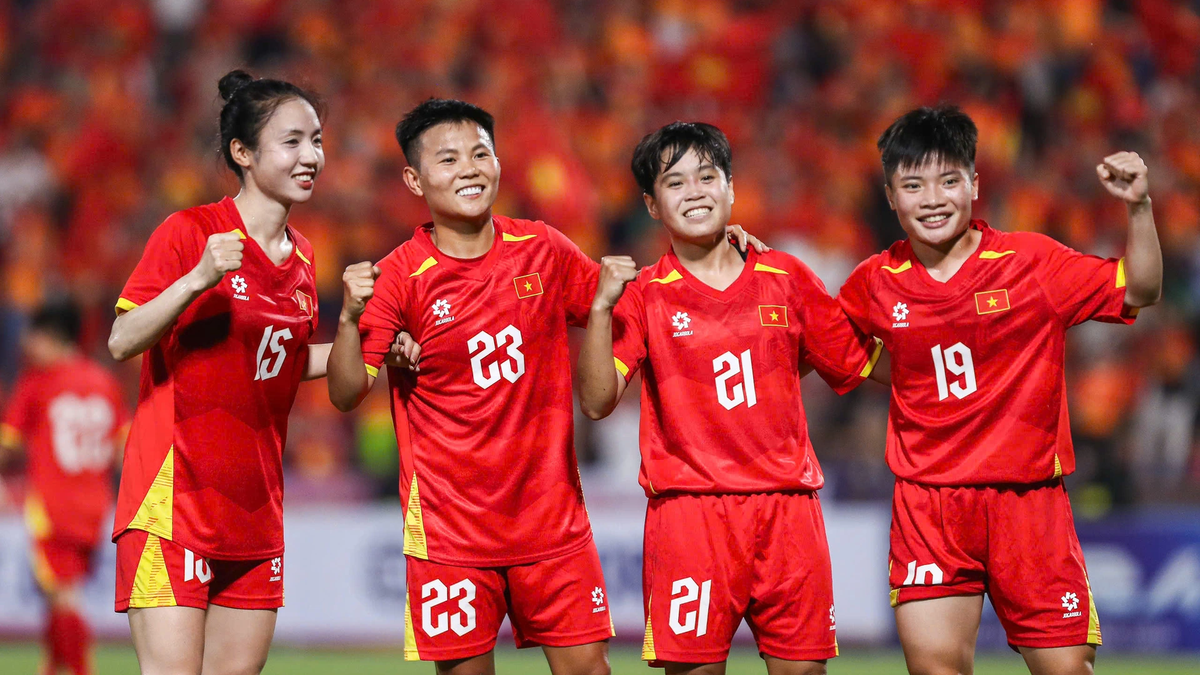

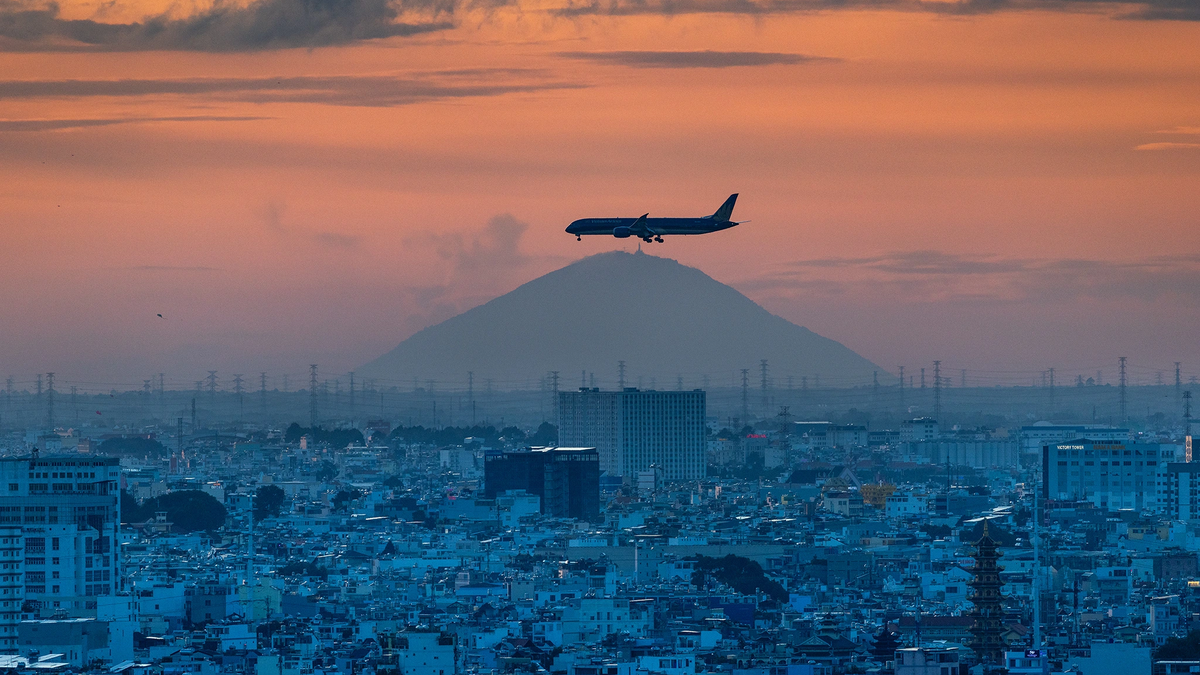
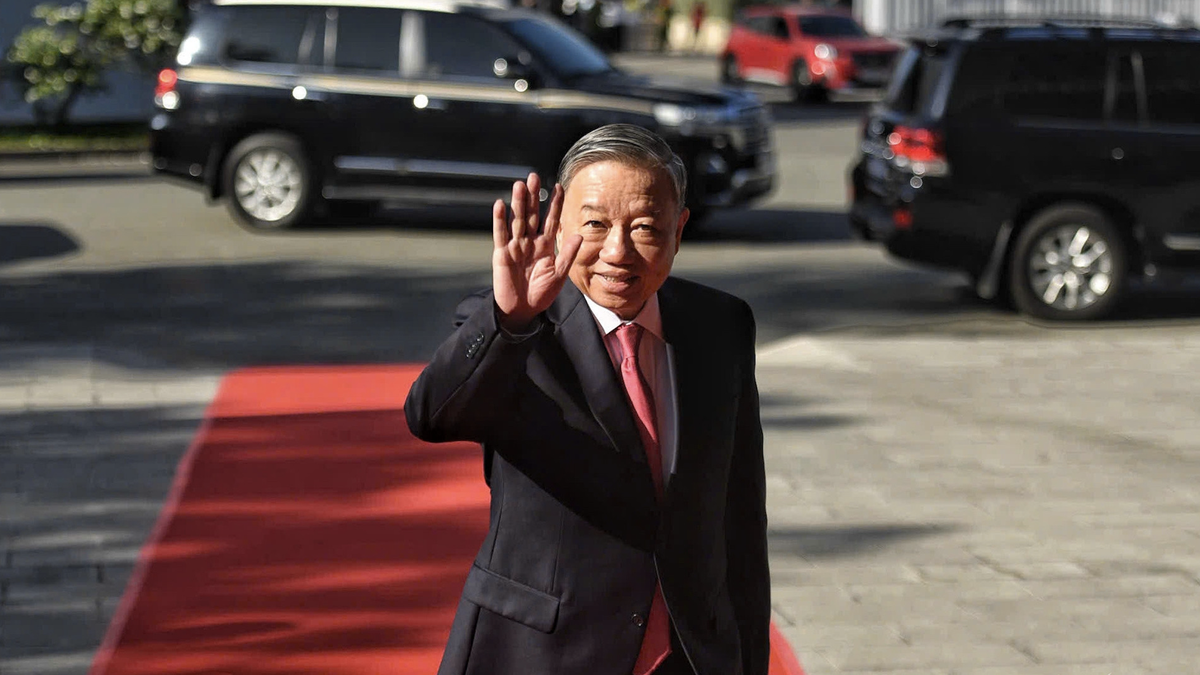
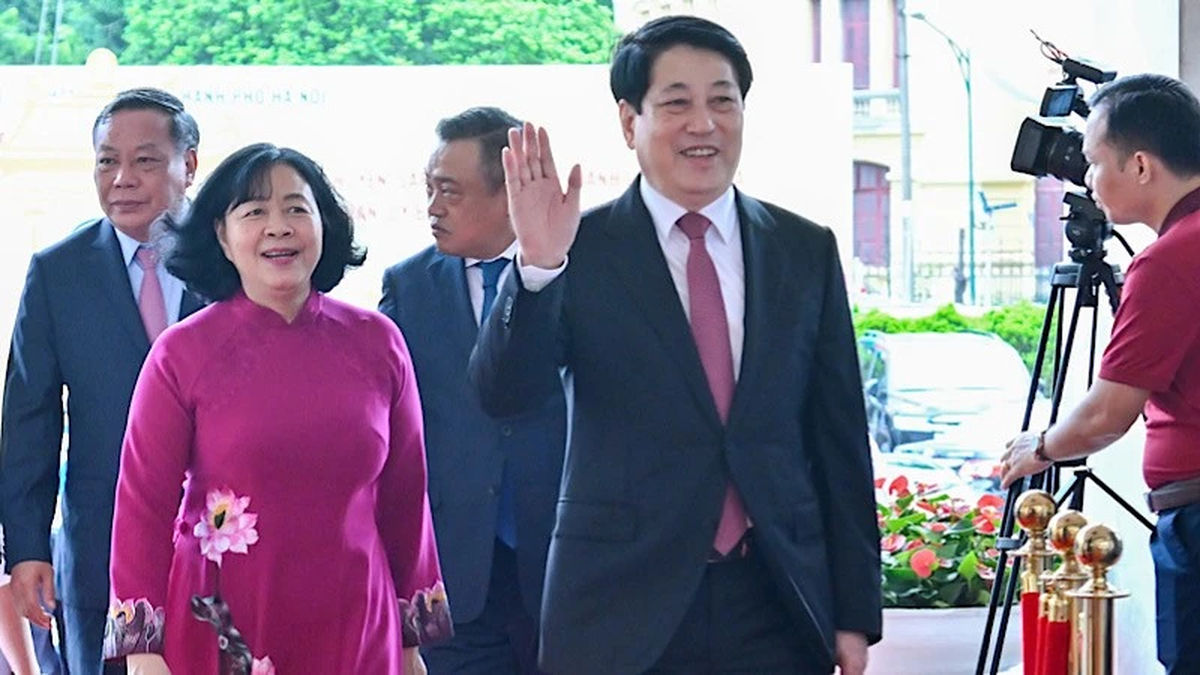
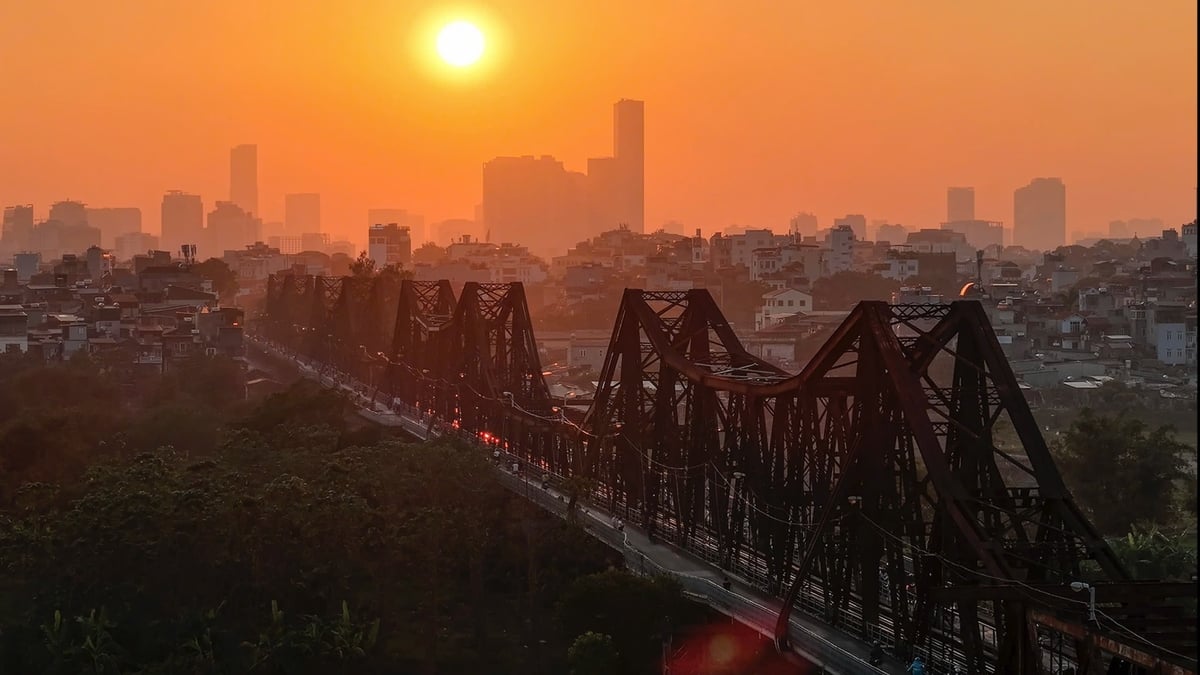
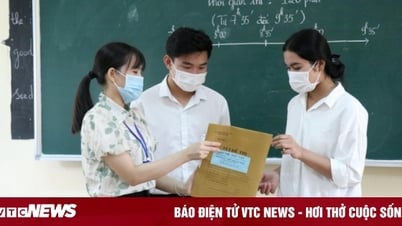



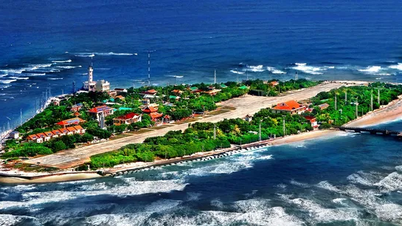

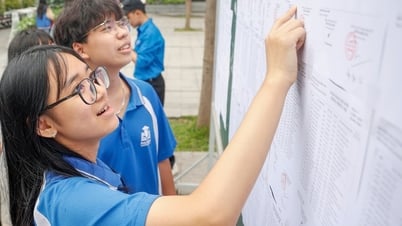

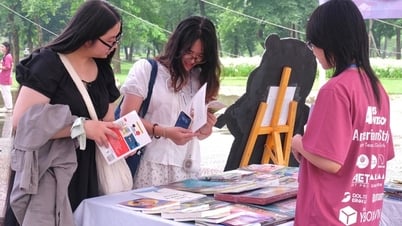

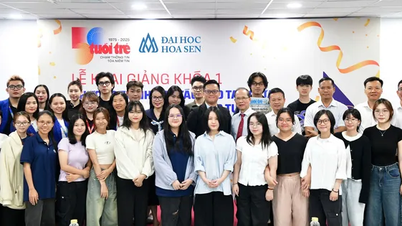












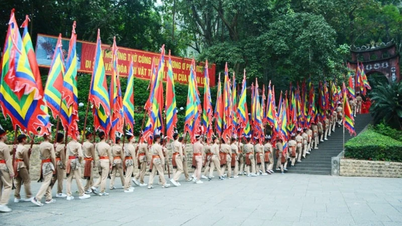

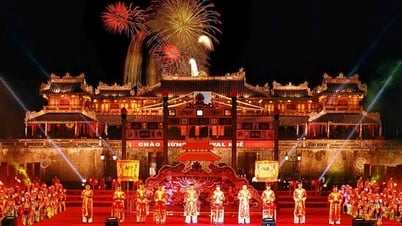

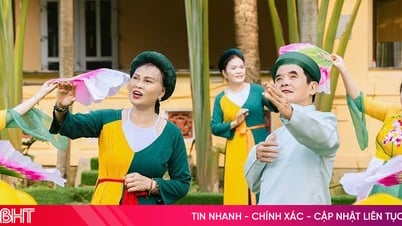


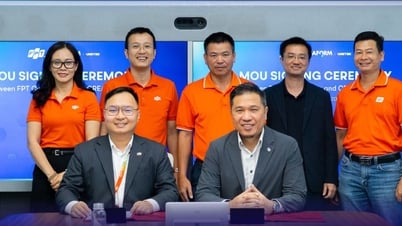


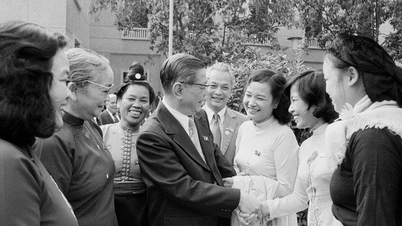






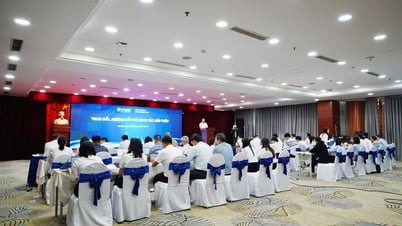

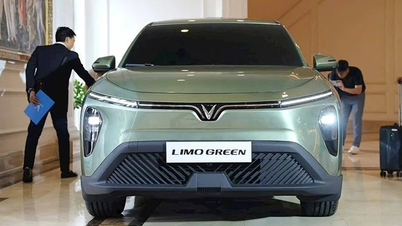


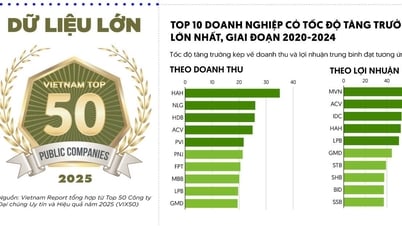
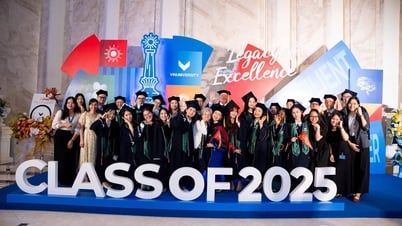

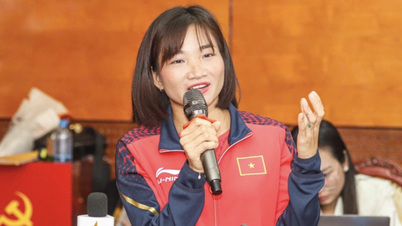
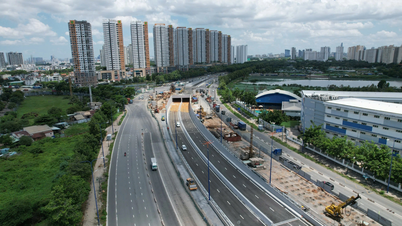

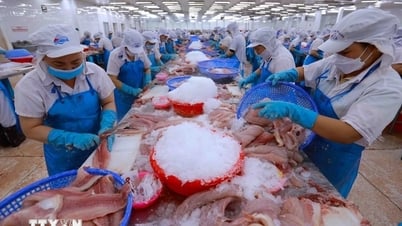

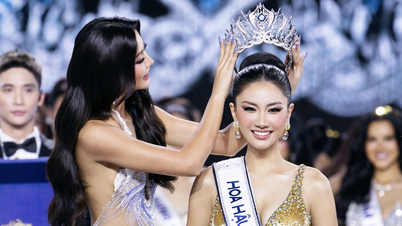
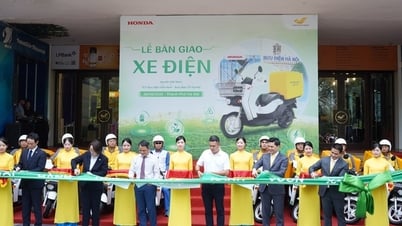

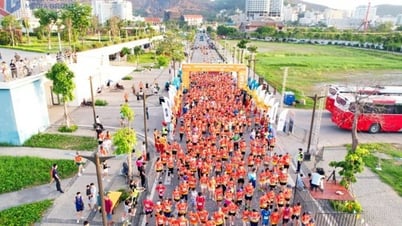

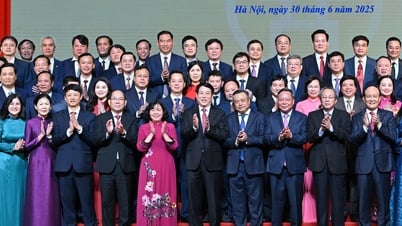


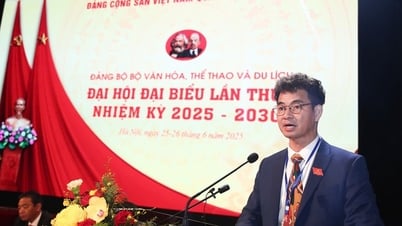
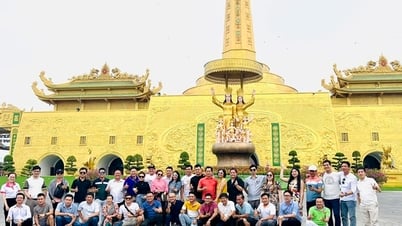
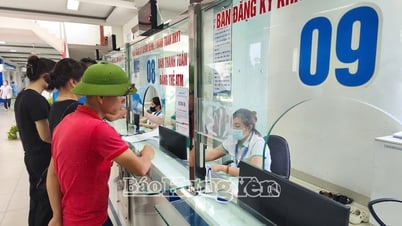



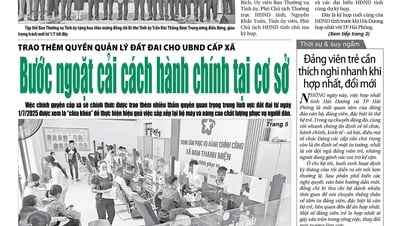

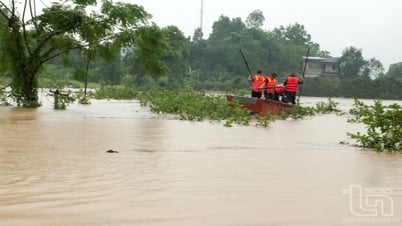

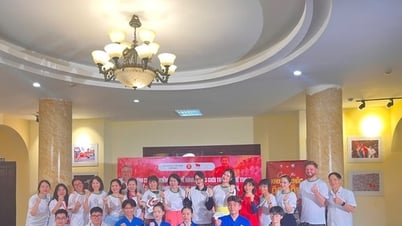

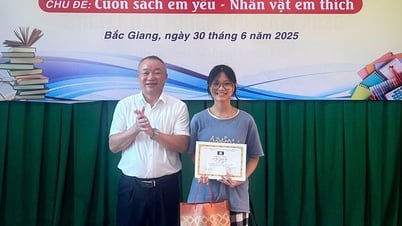











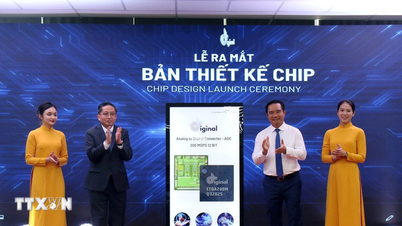



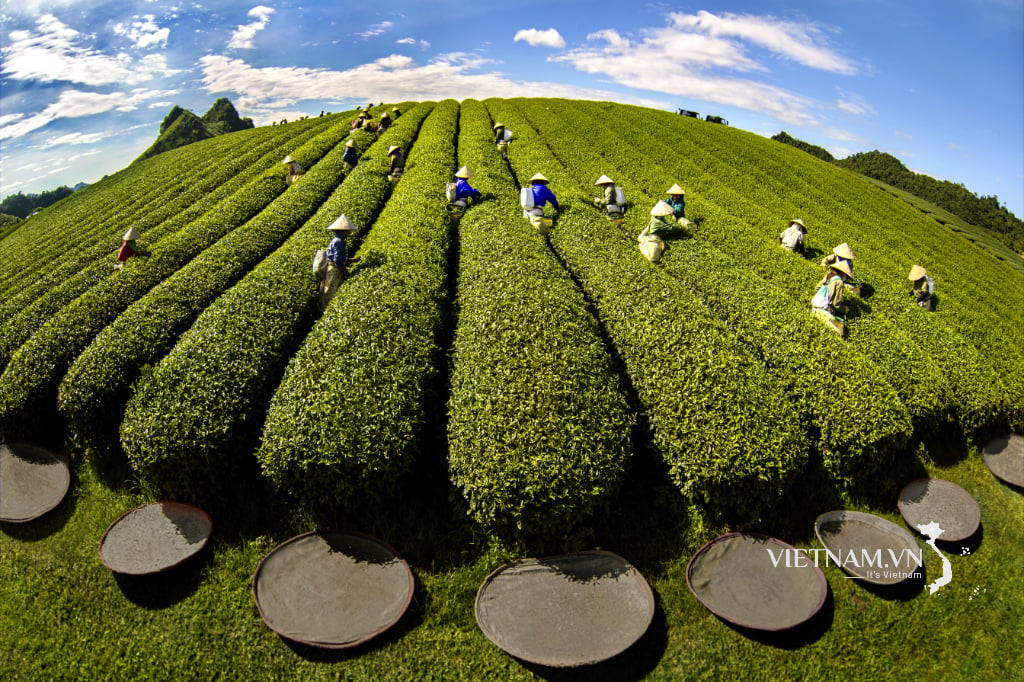
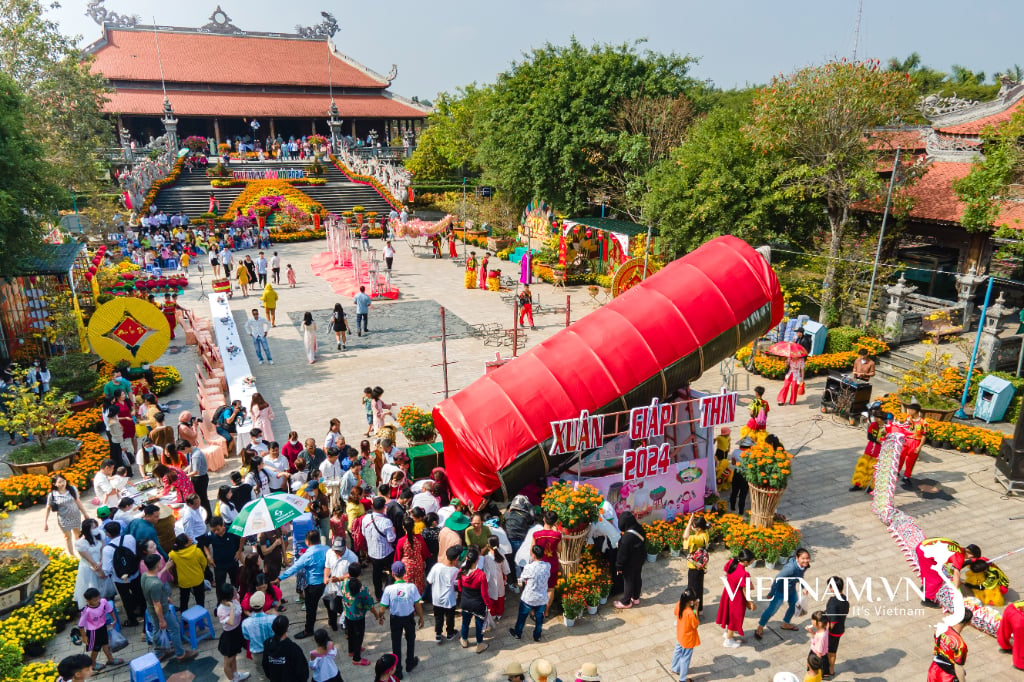
Comment (0)